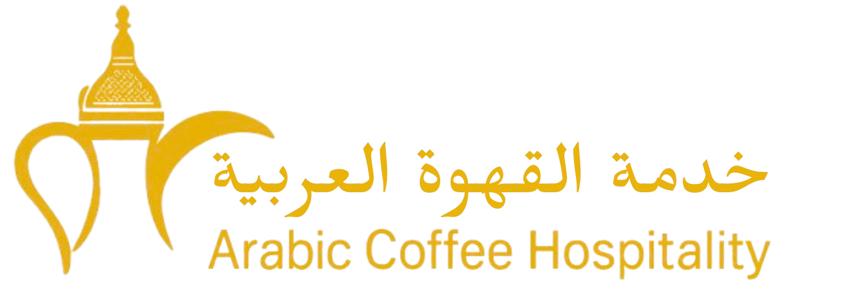Outline:
- Introduction
- History of Arabic Coffee in the UAE
- Role of Arabic Coffee in Emirati Hospitality
- Traditions and Etiquette Around Serving Arabic Coffee
- Arabic Coffee During Special Occasions
- The Symbolism Behind the Coffee Pot and Cups
- Why Arabic Coffee Still Matters Today
- Conclusion
Introduction
Arabic coffee, known locally as “Gahwa,” holds a deeply rooted place in the culture of the United Arab Emirates. More than just a beverage, it represents hospitality, tradition, and social connection. In the UAE, serving Arabic coffee is not only a daily ritual but also a symbol of honor and generosity.
History of Arabic Coffee in the UAE

Arabic coffee dates back hundreds of years and is believed to have originated in Yemen before spreading across the Arabian Peninsula. In the UAE, it became a cornerstone of Bedouin culture, where it was offered to travelers and guests as a sign of respect. Today, its legacy lives on in homes, majlis (guest rooms), and at formal gatherings.
Role of Arabic Coffee in Emirati Hospitality
In Emirati culture, offering Arabic coffee to guests is one of the highest forms of hospitality. It is often the first gesture made when visitors arrive, showcasing the host’s generosity. Traditionally served in small cups (finjaan) from a long-spouted coffee pot (dallah), the ritual is both ceremonial and welcoming.
Traditions and Etiquette Around Serving Arabic Coffee
Serving Arabic coffee is an art that follows a specific set of customs:
- The youngest person typically serves the elders first.
- Coffee is poured with the right hand only.
- Guests should accept with the right hand and gently shake the cup when they’ve had enough.
- It is customary to serve dates or sweets alongside the coffee.
These etiquettes reinforce values like respect, humility, and hospitality.
Arabic Coffee During Special Occasions
Arabic coffee plays a key role during major life events in the UAE, including:
- Weddings: Served to all attendees to symbolize joy and unity.
- Ramadan: Offered during Iftar to break the fast.
- Eid Celebrations: A staple at family gatherings.
- Funerals: Served in a more subdued setting as a sign of solidarity and respect.
The Symbolism Behind the Coffee Pot and Cups
The dallah (coffee pot) and finjaan (cup) are more than functional items; they are cultural icons. The dallah represents heritage and identity, often featured in UAE art and even on currency. Finjaan cups are designed small to encourage frequent refilling, enhancing interaction between host and guest.
Why Arabic Coffee Still Matters Today
In an age of fast coffee chains and instant brews, Arabic coffee continues to thrive in the UAE. It stands as a reminder of the nation’s values: hospitality, connection, and cultural pride. Today, Arabic coffee is also served in luxury hotels, business meetings, and national celebrations, bridging tradition and modernity.
Conclusion
Arabic coffee in the UAE is more than a drink—it’s a symbol of identity, respect, and unity. Whether served at a family majlis or during an international event in Dubai, its presence always signifies something deeper: a warm welcome and a shared tradition that continues to unite people across generations.
Helpful Links:
Arabic Coffee Catering Services in Dubai


One Response